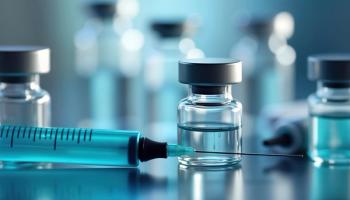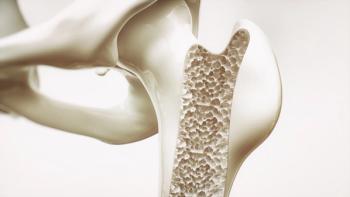
No Need for Biosimilar-to-Biosimilar Switching Studies, Authors Conclude
The question of whether it is safe to switch among biosimilars, not just between biosimilars and the reference product, is coming more pertinent as the number of biosimilars on the market increases.
With the passage of time, there is increasing diversity in biosimilars available for individual brand biologics and this will intensify concerns about whether switching between biosimilars is safe, wrote
“Competition between biosimilars leading to lower prices will increasingly mean patients potentially being switched between different biosimilars,” she and her co-authors wrote. However, switching studies to demonstrate safety and efficacy of one biosimilar versus another are not necessary, they concluded.
In their review of 19 clinical studies, they wrote that safety and efficacy and immunogenicity were consistent between biosimilars for Enbrel (etanercept), Humira (adalimumab), and Remicade (infliximab), anti-tumor necrosis factor biologics used in the treatment of Crohn’s disease, ulcerative colitis, rheumatoid arthritis and other inflammatory conditions.
“The findings…show that whether switching for the first or second time, there was no significant difference in the efficacy and safety of biosimilars, particularly if patients are in remission at the time of the switch,” Allocati and her co-authors wrote.
They said this should demonstrate to healthcare professionals that switching studies are unnecessary.
In the U.S., the FDA considers biosimilars to highly similar but not interchangeable with reference biologics unless it specifically grants that status after switching studies and a review, although doctors and healthcare institutions are free to make substitutions as they like. Once a drug is labeled interchangeable, pharmacists can substitute without physician authorization, subject to individual state rules.
In the European Union, the European Medicines Agency (EMA) took its first
“Medicines approved as biosimilars in the E.U. may be prescribed interchangeably. This will allow more patients to have access to biological medicines necessary for treating diseases such as cancer, diabetes and rheumatic diseases,” the EMA said.
Switching studies become less feasible as biosimilar choices proliferate, Allocati and her fellow reviewers wrote. The FDA has approved are seven biosimilar versions of Humira and after years of patent litigation and negotiation, Humira biosimilars are expected to be on the market in the United States next year.
A more practical understanding of biosimilar performance would come from greater use of disease registries and prescription monitoring on a patient-by-patient basis, they wrote. “Data collected during clinical practice in well-conducted observational studies can provide relevant and valuable evidence.”
Therapeutic drug and immunogenicity monitoring (TDIM) can help verify the rationale for switching between biosimilars and ensure that there is a true clinical basis for doing so, they wrote.
“Proactive TDIM during maintenance therapy with infliximab was more likely to lead to sustained disease control in patients with immune-mediated inflammatory diseases," they said, citing a recent Norwegian study.”
However, “proactive monitoring is currently not routinely offered to patients treated with biological medicines across countries," they noted.
Although many healthcare institutions are scooping up volumes of clinical data, the gathering and analysis methods are not standardized and therefore are not as convincing for healthcare professionals as they could be, the authors wrote.
Improving healthcare professional confidence in biosimilars is important because these drugs provide savings and improved access for patients.
Among the clinical studies included in this review, just one involved a historical control and compared switching between biosimilars versus maintenance on the same biosimilar. Ten of them compared switching between biosimilars versus switching from a reference drug to a biosimilar, and another eight were single-arm cohort studies in which patients were switched from one biosimilar to another.
“Overall, these studies did not highlight significant concerns in switching between biosimilars. Therefore, switching studies seem difficult to perform in unnecessary with the body of evidence suggesting no real problems in practice coupled with stringent regulatory requirements,” the authors concluded.
Newsletter
Get the latest industry news, event updates, and more from Managed healthcare Executive.























